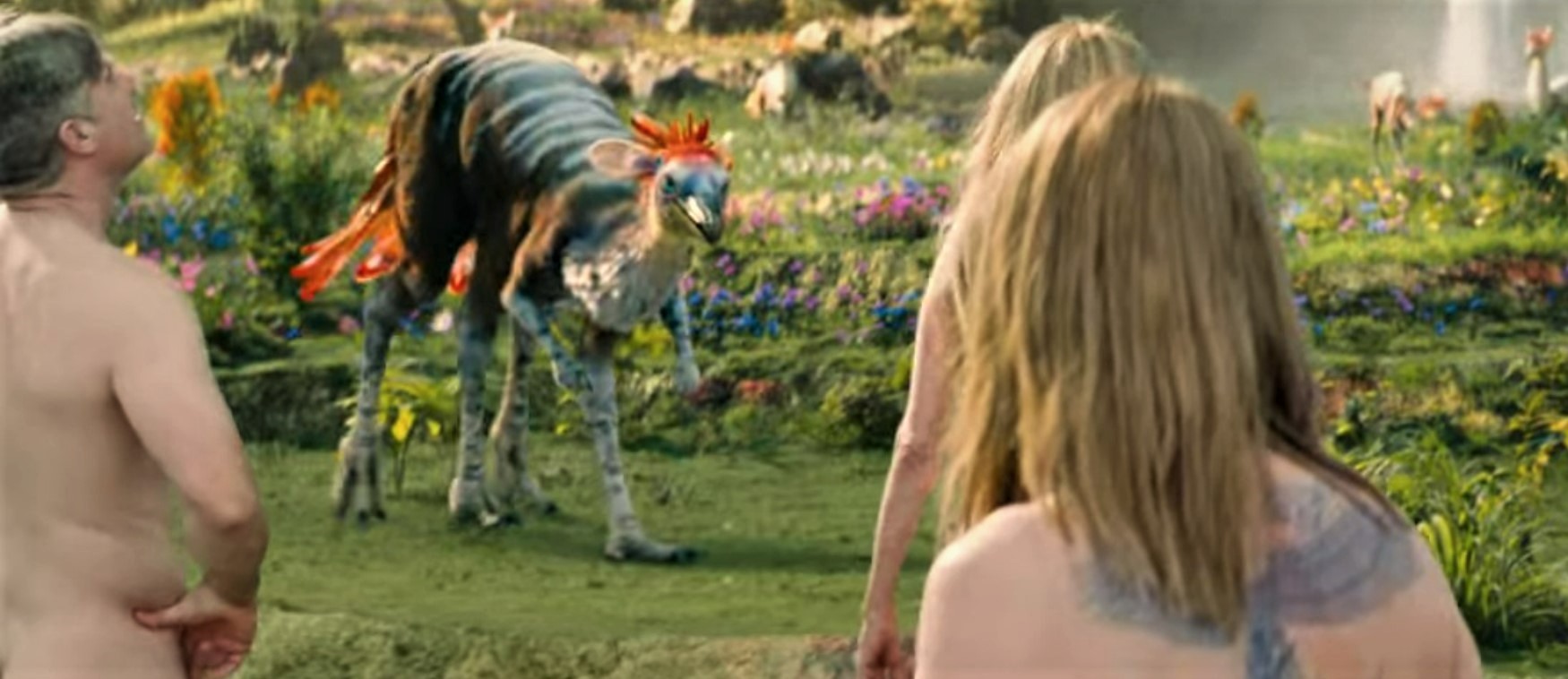Science
Related: About this forumThere are mysterious "super-Earths" all over the galaxy
"They are indeed very exciting planets."
By Mark Kaufman on January 14, 2023

An artist's conception of the "super-Earth" Kepler-22b. Credit: NASA / JPL
Our solar system is peculiar.
Yes, there are strange worlds out there: moons harboring oceans, a desert orb that once teemed with water, and, of course, a planet brimming with strange, tentacled life. Yet our cosmic neighborhood is also unusual for what it doesn't have.
It's a golden age in the discovery of worlds beyond our solar system, called exoplanets. NASA has confirmed well over 5,000 of these planets. Among the most prevalent is a class of worlds dubbed "super-Earths." They are worlds ranging from some 30 to 70 percent bigger than Earth. They can be rocky (like Earth) or largely composed of thick, swirling gases. Or both. Around one-third of exoplanets discovered so far are super-Earths, meaning they're awfully common in other solar systems.
The back-of-the-envelope math is compelling. There are likely over a trillion exoplanets in our Milky Way galaxy alone. So as far as we know, the universe must teem with super-Earths — and some of them may be habitable, meaning they harbor conditions that could sustain life, if it exists there.
"They are indeed very exciting planets," Renyu Hu, an exoplanet researcher at NASA's Jet Propulsion Laboratory, told Mashable.
More:
https://mashable.com/article/super-earth-exoplanets-space-discovery
ffr
(23,140 posts)foot on those alien worlds.
We would just become a food source for some other species.

![]()
intheflow
(29,130 posts)but could we at least restore our own planet socially, economically, and environmentally before we start talking talking about destroying our atmosphere even more with jet fuel so a select few may someday be able to escape the hellhole we made Earth to some other "Super Earth"? I mean, people are seriously talking now about limiting personal jet use because they're so environmentally toxic. Rocket fuel is even moreso.
To be clear: I think it's fascinating (to quote Spock) to know the possibility exists, but when people like Musk jump on this info, it's just another manifestation of small dick energy.
GreenWave
(9,635 posts)Earth 1 was destroyed by a planetoid allowing Earth II to form and the denser metals settling to the core allowing for a magnetic shield to form. The moon is created for a planet spinning much faster than today. The moon gradually pulls away about an inch or so each year. The moon moves the tides and created environmental challenges for new species to emerge. When we hit a 25 hour day (we started at about a six hour day) we need to either move the planet or leave. (If other factors have not wiped us out) If not ask Venus how the sun's coronas feel.
My point is do some of these other planets have moons too with braking power to push evolution along?